Brexit: PM warns of 'uncharted territory' if MPs reject deal
- Published
Theresa May: "The danger... is we actually end up with no Brexit at all"
Theresa May has warned the UK faces "uncharted territory" if Parliament rejects her Brexit deal as she vowed to redouble her efforts to win MPs round.
Next week's vote would "definitely" go ahead, she told the BBC, as she promised new safeguards for Northern Ireland and to look at giving MPs more say in shaping future EU negotiations.
The UK's March exit was "in danger" if MPs did not back the deal, she said.
But one Tory Brexiteer said support for leaving without a deal was "hardening".
And one senior Labour figure said she believed a general election may be inevitable "within months" if there was deadlock in Parliament and Mrs May could not get her deal through.
The UK is due to leave the EU on 29 March 2019.
A deal on the terms of the UK's divorce and the framework of future relations has been agreed between the prime minister and the EU - but it needs to pass a vote by MPs in Parliament before it is accepted.
MPs are expected to be asked to vote on it on either the 14 or 15 of January.
The crunch vote was due to take place in December but was postponed at the last minute as Mrs May faced almost certain defeat amid opposition from many of her MPs, as well as Labour and other parties.
Asked by the BBC's Andrew Marr if the vote would "definitely" go ahead in the second week of January, she replied "yes, we are going to hold the vote".
She said she truly believed hers was a "good deal" for the country and that it was up to its opponents to spell out the alternatives to it.
Theresa May on Brexit vote timing and her political future
Asked what had changed since last month, she said the EU had agreed to some "changes" and she was continuing to talk to European leaders as she tried to give MPs the "confidence" to support the deal.
She promised to give more detail in three areas in the coming days:
Specific measures for Northern Ireland
A greater role for Parliament in negotiations on the next stage of future UK-EU relations
Further assurances from the EU to address concerns over the Irish border backstop
She said there were a "number of ways" of giving MPs more input in the next phase of the Brexit process, including allowing them a real say in shaping the "mandate for the negotiations for the future relationship".
Mrs May suggested that if her deal was rejected it would embolden both supporters of a no-deal exit and those who want to remain in the EU via another referendum.
"If the deal is not voted on, then we are going to be in uncharted territory," she said. "I don't think anyone can say what will happen in terms of the reaction we see in Parliament.
"What you have is a Labour leadership... which is opposing any deal to create the greatest chaos possible, people who are promoting a second referendum in order to stop Brexit and people who want to see their perfect Brexit... the danger there is we end up with no Brexit at all."
Asked whether she was prepared to stand down as PM and let someone else take over talks over the future relations if Tory MPs demanded it, Mrs May - who survived a vote of no confidence last month - said the party had made it clear they wanted her to "deliver on Brexit and that is what I am working on doing".
'Poison' backstop
However, the DUP, which props up the government, said the fundamental problems with Mrs May's deal had not changed.
Deputy leader Nigel Dodds said: "The backstop remains the poison which makes any vote for the withdrawal agreement so toxic."
The backstop is a position of last resort, to maintain an open border on the island of Ireland in the event that the UK leaves the EU without securing an all-encompassing deal.
Many Conservative MPs continue to believe the deal does not represent the Brexit the country voted for in 2016.
Peter Bone told Sky News the best way to "get on" with Brexit was to leave without a deal,
"If there has been a change it is a hardening of attitudes among MPs to a no deal," he told Sophy Ridge, adding that there was increasing evidence that a no deal outcome was "absolutely OK".
And a succession of other Tory Brexiteers have taken to social media to say "nothing has changed" during the Christmas recess and they remain opposed to the deal.
Allow X content?
This article contains content provided by X. We ask for your permission before anything is loaded, as they may be using cookies and other technologies. You may want to read X’s cookie policy, external and privacy policy, external before accepting. To view this content choose ‘accept and continue’.
Allow X content?
This article contains content provided by X. We ask for your permission before anything is loaded, as they may be using cookies and other technologies. You may want to read X’s cookie policy, external and privacy policy, external before accepting. To view this content choose ‘accept and continue’.
Allow X content?
This article contains content provided by X. We ask for your permission before anything is loaded, as they may be using cookies and other technologies. You may want to read X’s cookie policy, external and privacy policy, external before accepting. To view this content choose ‘accept and continue’.
But opponents of a no-deal exit have given notice they are determined to effectively rule the prospect out.
A cross-party group of Conservative, Labour and Lib Dem MPs are proposing amending the government's Finance Bill, to be debated on Tuesday, so that ministers would only be able to make tax changes in the event of a no-deal exit if Parliament had explicitly authorised them.
Labour MP Yvette Cooper said if the government "would not rule out no deal, Parliament must act".
As part of the government's preparations for a no-deal Brexit, the company Seaborne Freight had been given a contract to run a freight service between Ramsgate and Ostend in the event of the UK leaving the EU without a deal.
However the councillor for the harbour area has said the Port of Ramsgate "cannot be ready" for extra ferry services should a no-deal Brexit happen.
Allow X content?
This article contains content provided by X. We ask for your permission before anything is loaded, as they may be using cookies and other technologies. You may want to read X’s cookie policy, external and privacy policy, external before accepting. To view this content choose ‘accept and continue’.
Analysis: New year, same problems
By political correspondent Nick Eardley
A new year is about to start at Westminster, but the political battleground feels very familiar.
The PM's message hasn't changed. She still thinks her deal is only one that delivers and rejecting it would lead to uncharted territory.
That's a warning to both sides; those who want another referendum could end up with no deal; those who want no deal could end up with no Brexit at all.
Her critics, though, don't appear to have had any New Year changes of heart either. The DUP and many Tories are still unhappy and as things stand won't back her.
Theresa May is promising to try and win more reassurances from Brussels. But for now it remains hard to see what she could secure that would win enough support for her to win the meaningful vote.
Labour's next move
Jon Ashworth: "We're not enabling Brexit. This country had a referendum"
A poll of more than 25,000 Britons published on Sunday suggests Labour would be punished by voters if the party either ends up backing the government's deal or does not actively oppose it.
The YouGov poll, carried out for the People's Vote campaign which is demanding another referendum, suggests 75% of Labour supporters would prefer a final say on Brexit.
But the Labour leadership rejected claims that they were "enabling" Brexit by refusing, at this stage, to explicitly call for another referendum.
Shadow Foreign Secretary Emily Thornberry said the People's Vote campaign should focus on "changing people's minds" about whether to stay in the EU rather "smacking Labour around the head".
She told the BBC that Labour's focus was getting into power in a general election she now expected to take place "within months"
"If you are a government that does not have the support of Parliament and does not have the support of the people, you cannot drive us over a cliff and think you are going to get away with it," she told BBC Radio 4's The World This Weekend.
"Our democracy is about whether you have the permission of the public and... whether you can justify what you are doing to our country."
Liberal Democrat leader Sir Vince Cable said another referendum was the "least worst option", but he added that "it was going to be very messy whatever happens".
- Published31 December 2018
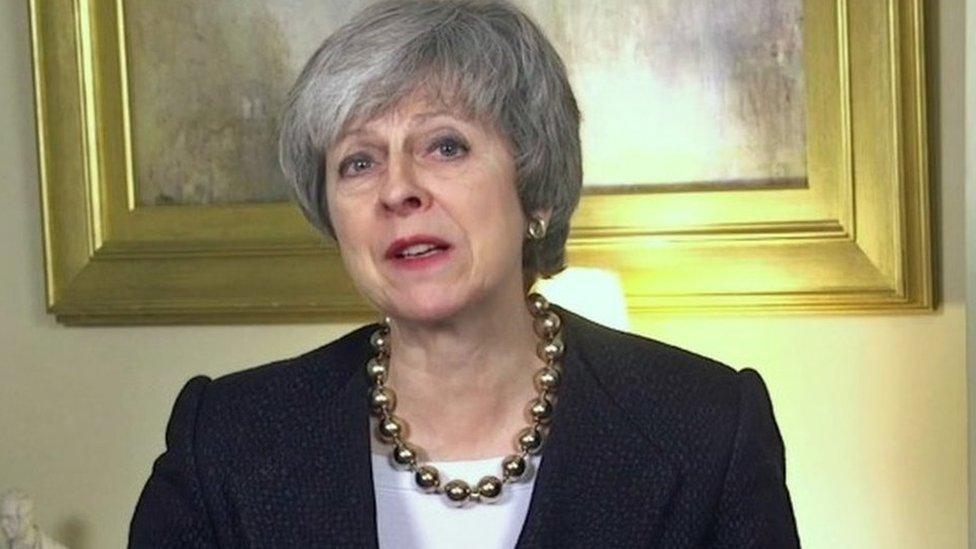
- Published4 January 2019
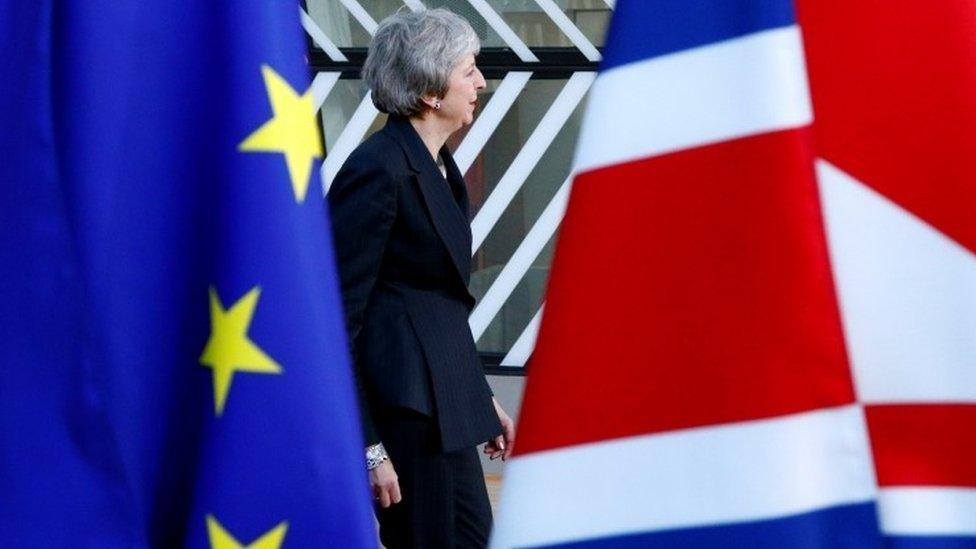
- Published13 July 2020
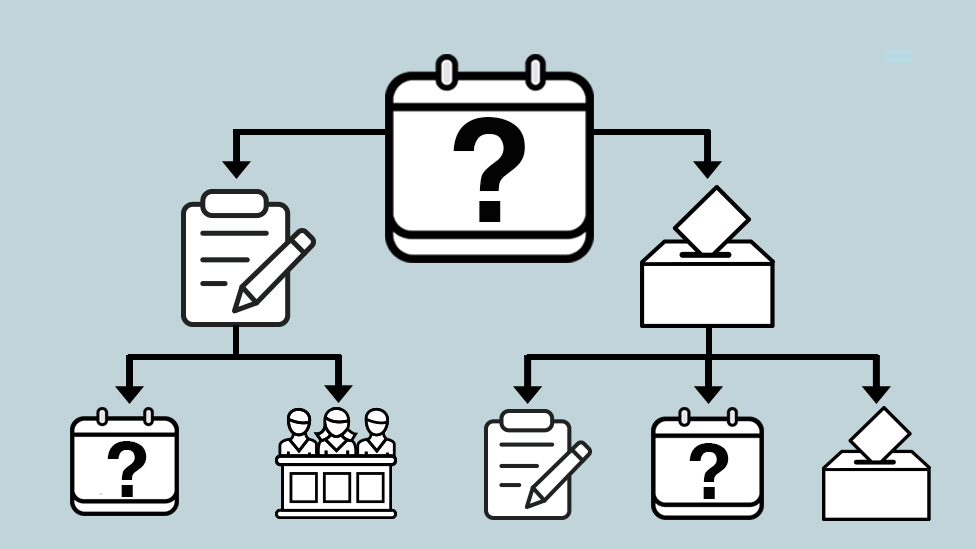
- Published4 January 2019
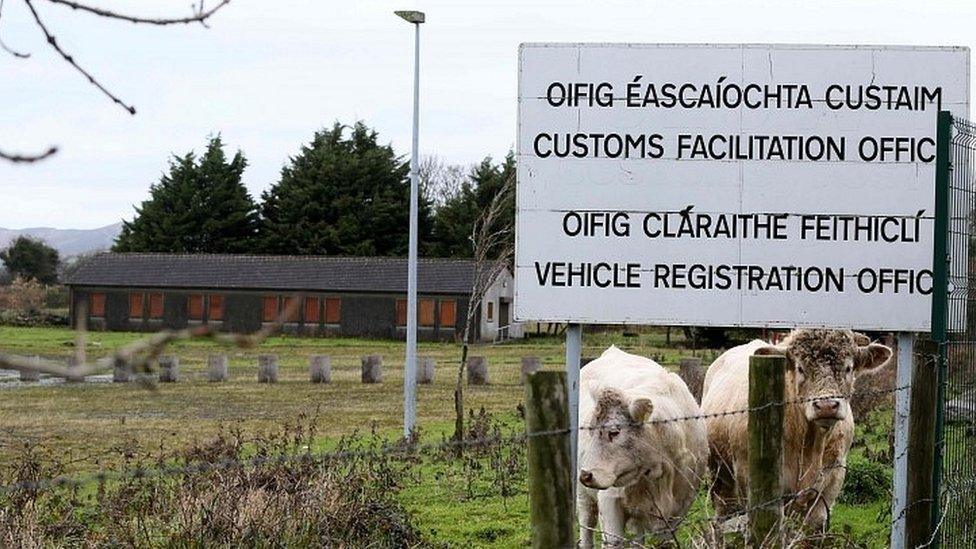
- Published4 January 2019
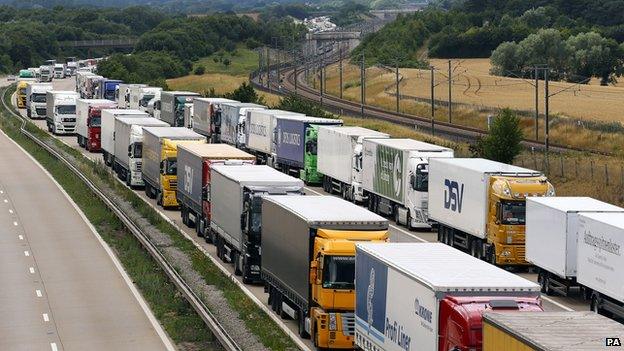
- Published4 January 2019
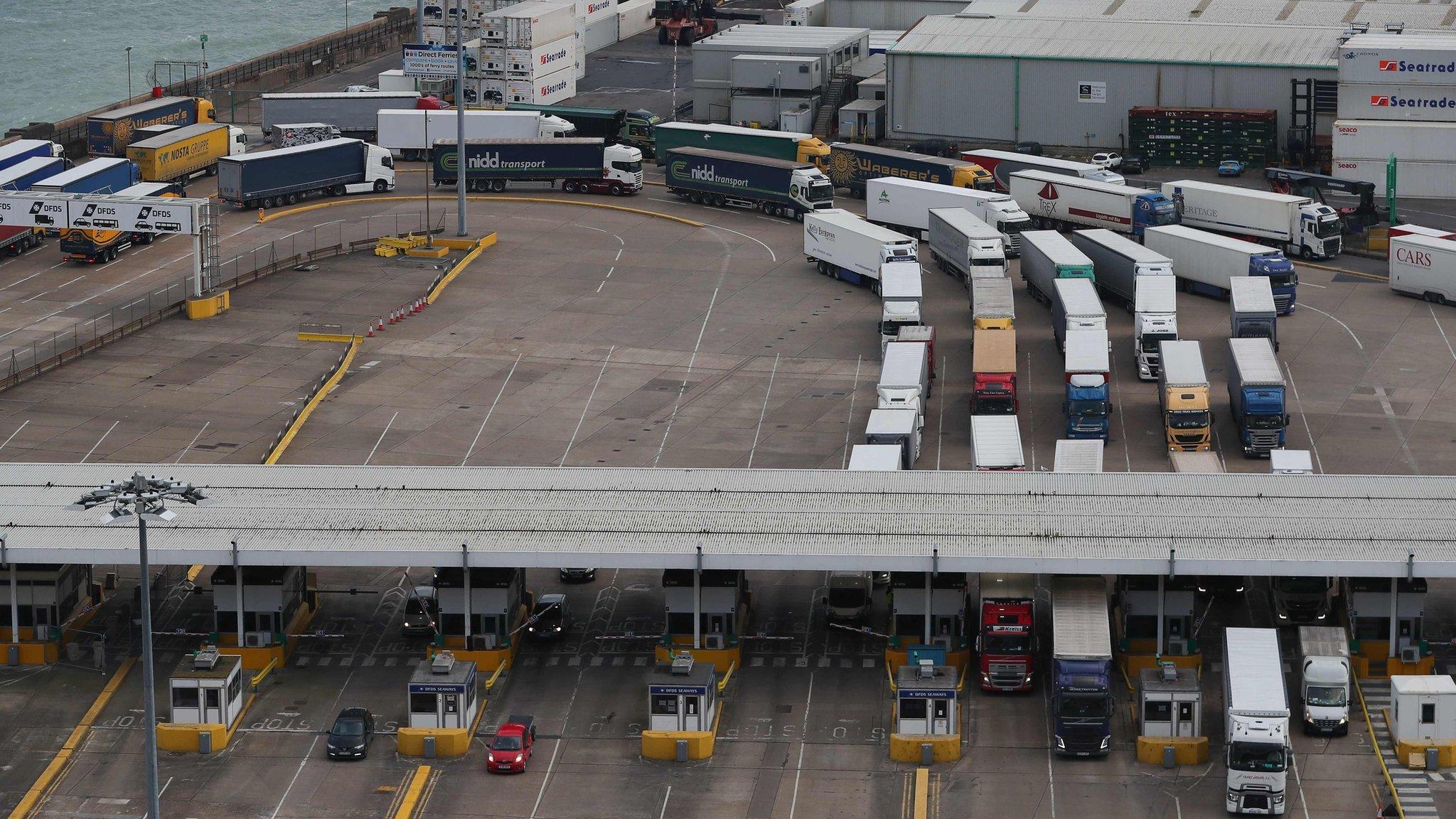
- Published4 January 2019

